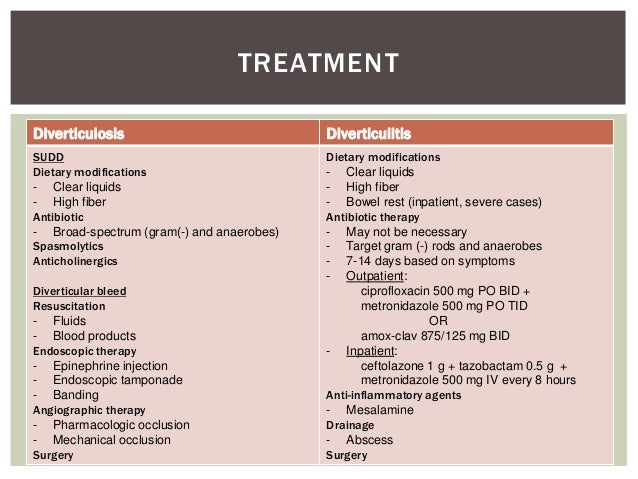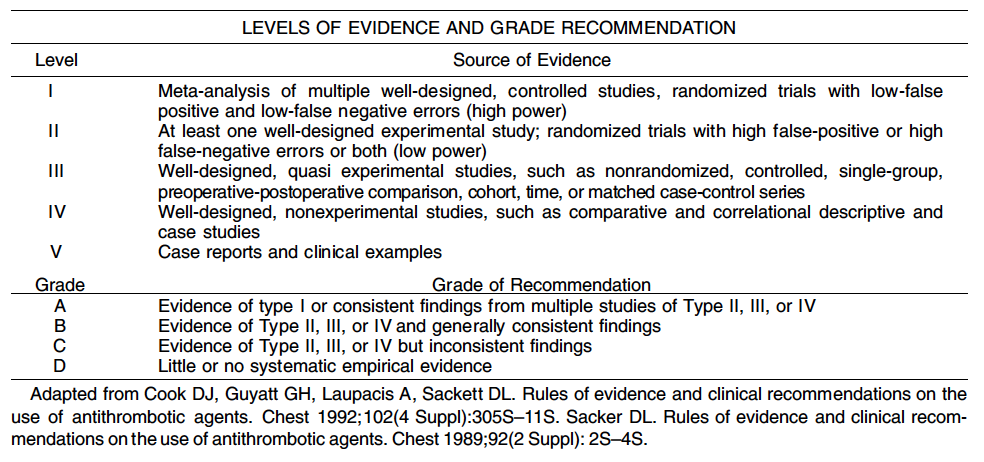Diverticulitis remedies disease diverticular diet symptoms top10homeremedies diverticula natural treatment diverticulosis colon foods mzizi mkavu healing surgery aloe vera intestine
Hey there, friends!
Let's Talk About Diverticulosis and Diverticulitis
Today, I want to shed some light on a common digestive condition called diverticulosis and its more severe counterpart, diverticulitis.

Diverticulosis refers to the formation of small pouches or sacs called diverticula in the lining of the colon or large intestine. These diverticula usually don't cause any symptoms and are quite common among adults, especially as they age. However, in some cases, they can become inflamed or infected, leading to diverticulitis.
The Importance of Proper Treatment for Diverticular Disease
When it comes to managing diverticulosis and diverticulitis, seeking proper medical guidance is crucial. That's why I want to emphasize the importance of following trusted treatment guidelines.

One of the experts in this field, Dr. Paul E. Savoca, has created comprehensive guidelines for the treatment of diverticulitis. These guidelines help medical professionals understand the condition better and provide the best care possible to individuals suffering from diverticular disease.
Managing Diverticular Disease with Care
Now, let's delve into some important aspects of managing diverticular disease:
1. Diet Modifications
Adjusting your diet can play a significant role in managing diverticulosis and diverticulitis. A high-fiber diet is often recommended, as it helps prevent constipation and reduces the pressure on the colon. Foods rich in fiber include fruits, vegetables, whole grains, and legumes.
2. Medications
In cases of acute diverticulitis, your doctor may prescribe antibiotics to clear the infection and reduce inflammation. Pain medications or muscle relaxants may also be advised to alleviate discomfort and promote healing.
3. Physical Activity
Regular exercise can help maintain a healthy weight, promote proper digestion, and reduce the risk of developing diverticular disease. Aim for at least 30 minutes of moderate-intensity exercise most days of the week.
4. Lifestyle Choices
Avoiding smoking and limiting alcohol consumption are essential for overall digestive health. Smoking weakens the intestinal lining, while excessive alcohol can irritate the digestive system.
Remember to Consult a Healthcare Professional
While these tips can provide a general understanding of diverticulosis and diverticulitis management, it's crucial to consult with a healthcare professional for personalized advice. They can evaluate your specific condition and recommend the most suitable treatment options. Remember, everyone's journey with diverticular disease may differ, so seeking professional guidance is of utmost importance.